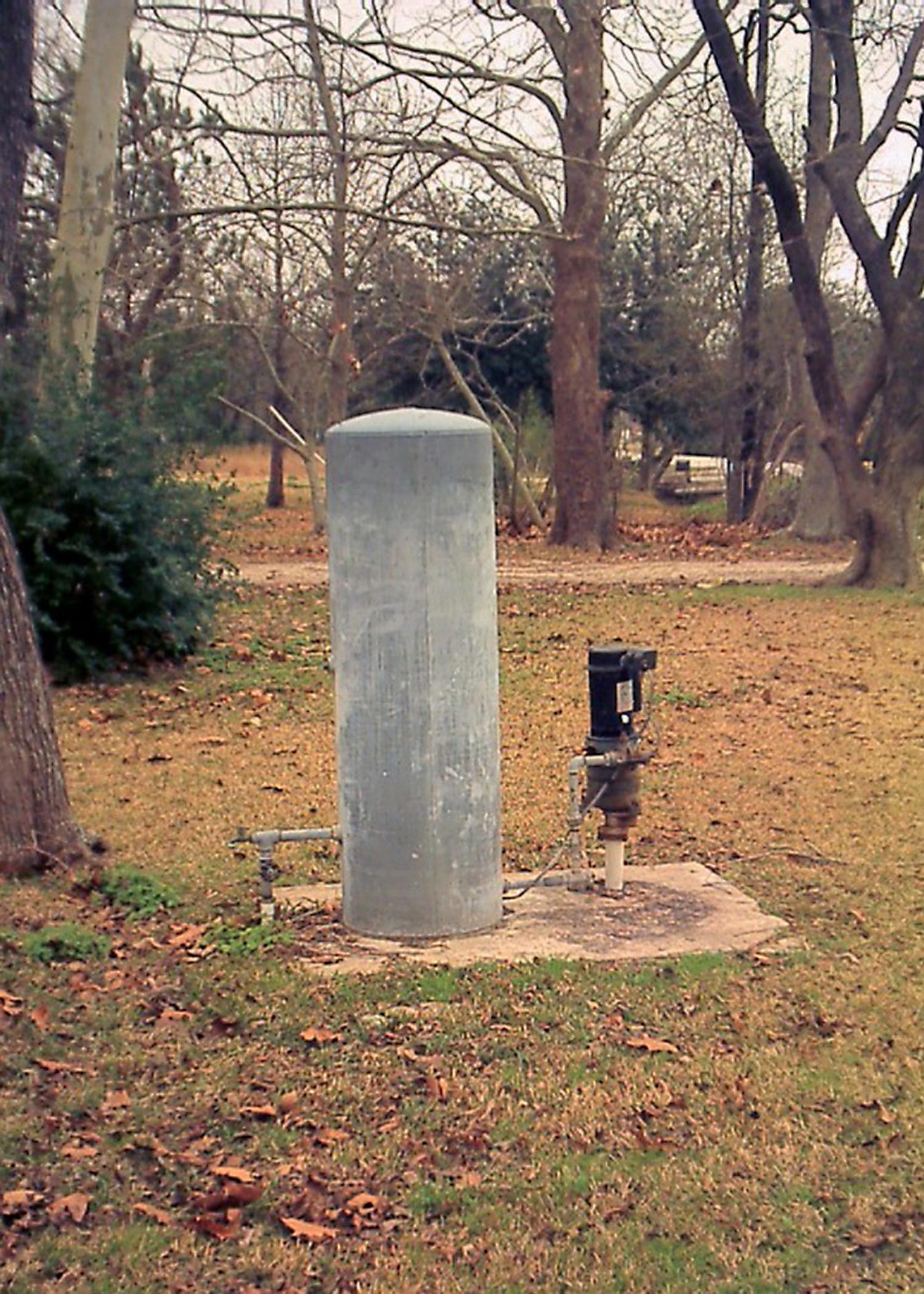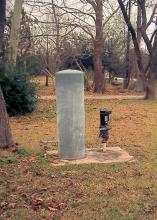Information Possibly Outdated
The information presented on this page was originally released on March 21, 2013. It may not be outdated, but please search our site for more current information. If you plan to quote or reference this information in a publication, please check with the Extension specialist or author before proceeding.
Free online program educates homeowners with water wells
MISSISSIPPI STATE – Homeowners in small communities and rural areas without a public water supply often have questions about how to manage, operate and protect their private wells.
The Mississippi State University Extension Service is working with the Rural Community Assistance Partnership and the University of Illinois to help Mississippians with private wells learn more about managing their water supplies.
“A new nationwide educational program is available online to help well owners understand groundwater basics, well care best practices and how to find assistance,” said Jason Barrett, instructor in the MSU Extension Service’s Center for Government and Community Development. “The free, private well class also teaches well owners how to sample their wells, how to interpret sample results, and what they can do to protect their wells and source water from contamination.”
The program combines a self-paced 10-part online class with live, interactive webinars in which the material is reinforced and experts answer questions from participants. Well owners can enroll in the class online at http://www.privatewellclass.org.
“The majority of Mississippians get their water from municipal supplies or rural water associations, but there are thousands of homes in rural areas of the state that depend on private wells,” Barrett said. “In fact, in 22 of the state’s 82 counties, an average of 16 percent of households rely on private wells. In four of those counties, more than 40 percent of homes have private wells.”
The private well class training initiative is funded by the Rural Community Assistance Partnership through a grant from the U. S. Environmental Protection Agency. The class is provided by the Illinois State Water Survey and the Illinois Water Resources Center at the University of Illinois.




